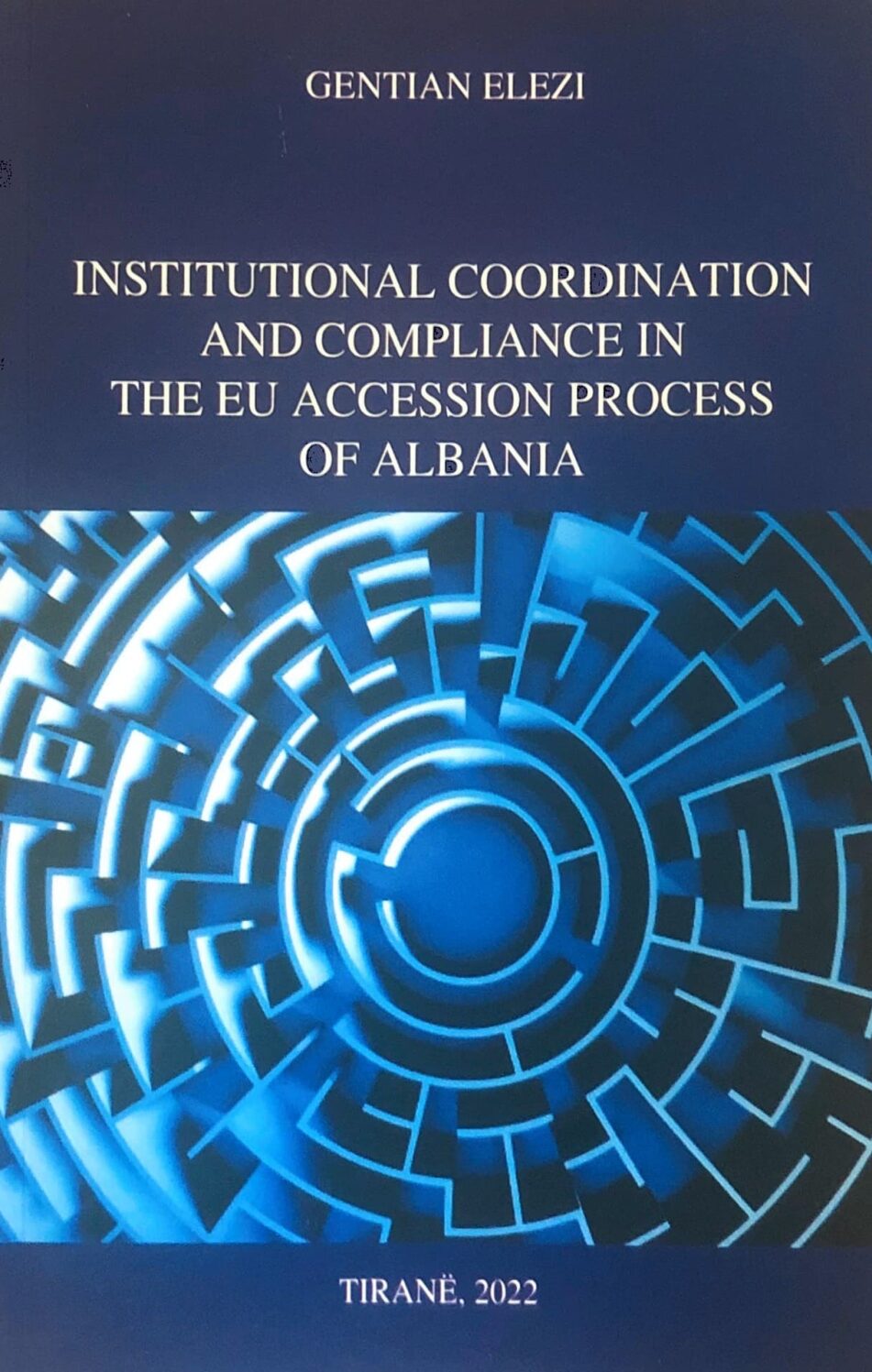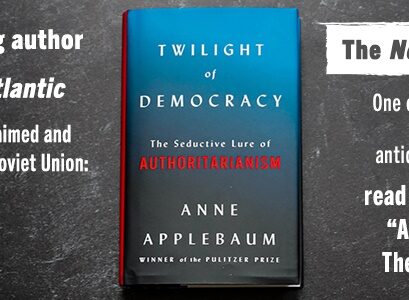A bilateral unequal alliance is one of the most striking features of international politics and one of the most frequently used instruments of statecraft by which Small Powers have pursued their foreign policy goals and objectives. The behavior of small Powers toward and within such an alliance has been an intriguing question for students of international relations.
Although a common phenomenon in international politics, the bilateral unequal alliance has not been the subject of extensive study from the perspective of a Small Power. In the scholarly literature, this type of an alliance has generally been treated only peripherally,[1] and has been considered as the least desirable alliance for a Small Power. The prevailing view among scholars is that the Small Power in a bilateral unequal alliance is likely to be dominated by the Great Power, that it cannot expect to play a significant role in alliance decision-making, and as a result, its sovereignty and independence are likely to suffer. A Small Power in an alliance with a Great Power is thus considered a satellite, rather than a freely functioning ally.[2]
In general, Small Powers are faced with political, economic and military constraints, and limited alternatives. Their subordinate position in the international system is a fact of everyday life under which they must function. Often a Small Power may have no alternative but to ally with a Great Power, on terms generally dictated by the latter. But while the bilateral unequal alliance may not be the ideal alliance for a Small Power, its disadvantages have been exaggerated. A Small Power can play a role out of proportion with its status, capabilities, and contribution to the alliance.
Under certain international conditions and especially during times of acute Great Power competition, a Small Power with a potentially significant ideological, political and strategic contribution to the competition may be able to extract considerable concessions from a prospective Great Power ally. Despite the discrepancy in power and resources between a Small Power and a Great Power, the former may actually be able to manipulate the latter more effectively than vice versa.[3] The Small Power may also profit from what Robert L. Rothstein has called reverse potentiality. Because of “the propaganda and political losses attendant on admitting failure,” a Great Power may continue to support its Small Power ally even if the alliance “seems to perform very few functions.”[4]
The subject of this book is a bilateral unequal alliance between the smallest and one of the largest communist states: the People’s Socialist Republic of Albania (PSRA) and the People’s Republic of China (PRC). It examines, primarily from the Albanian viewpoint, the interaction between the two countries, which were characterized by a basic incongruity of interests and were separated by great geographical distance, profound historical and cultural differences, and significant disparities in economic and military capabilities. It analyzes the rationale behind Albania’s use of a bilateral unequal alliance as a strategy to pursue and secure its national objectives, and the factors which led to the creation, maintenance, and disintegration of the Tirana Beijing alliance. The focus will be on the multifaceted relations between Albania and China as they developed over a 17-year period (1962-1978), on how these relations were affected by domestic and international developments, and how Tirana’s relations with Beijing evolved in the context of overall Albanian foreign and domestic policies. Through a cost-benefit analysis, focusing on the relationship between Tirana’s political allegiance to Beijing and the latter’s economic, military and political assistance to the PSRA, an attempt will be made to demonstrate that Albania extracted considerable concessions from China and that the benefits of the alliance for Albania outweighed the costs.

One of the most striking features of international politics, the bilateral unequal alliance often leaves the Small Power at a disadvantage. Domination in the alliance by the Great Power reduces the Small Power to the status of a satellite, rather than an ally. The Small Power thereby suffers a loss of sovereignty.
Such was not the case with the unequal alliance between the smallest and one of the largest communist states: Albania and China.
For seventeen years (1962-1978), Albania used this alliance as a strategy to pursue and secure its national objectives. This interaction, examined here from the Albanian viewpoint, was made all the more unique by a basic incongruity of interests, a great geographical distance, profound historical and cultural differences, and significant disparities in economic and military capabilities.
The author uses a cost-benefit analysis to emphasize the relationship between Tirana’s political allegiance to Beijing and China’s economic, military, and political assistance to Albania and to demonstrate how Albania extracted considerable concessions from China. The performance of the alliance s evaluated, focusing on both how these relations were affected by domestic and international developments and how Tirana’s relations with Beijing evolved in the context of overall Albanian foreign and domestic policies.
Based on primary sources, this book recounts the emergence of political, ideological, and economic differences between these two countries and examines the national and international developments that produced their estrangement.
Albania and China is the first book to focus on the relations of these two communist nations and, as such, offers insights, both practical and theoretical, into problems of inter communist party and state relations.
[1] An exception to this general rule is George T. Yu’s study, China’s African Policy: A Study of Tanzania (New York; Praeger Publishers, 1975)
[2] Robert L. Rothstein. Alliances and Small Powers (New York: Columba University Press, 1968), pp. 116-24).
[3] Christopher c. Shoemaker and John Spanier. PatronClient state Relationships: Multilateral Crises in the Nuclear Age (New York: Praeger Publishers, 1984), p. 8
[4] Rothstein. Alliances and Small Powers, p. 119.










